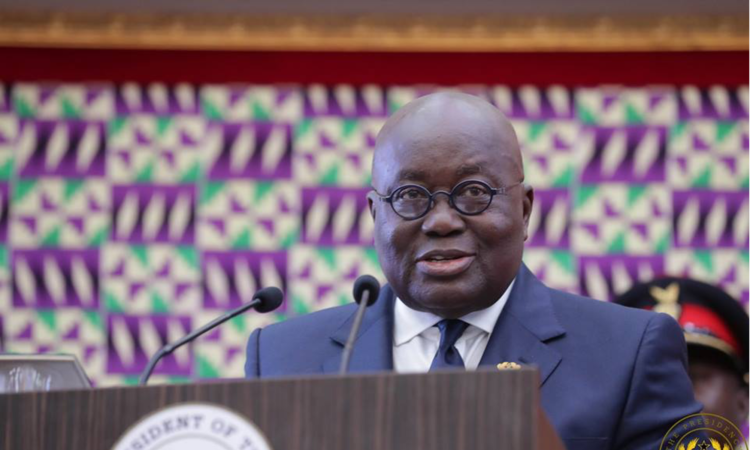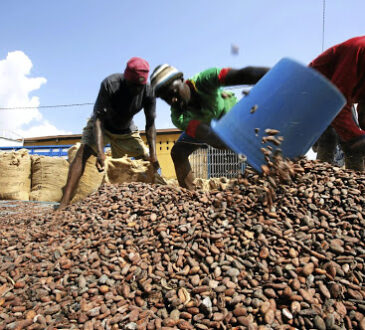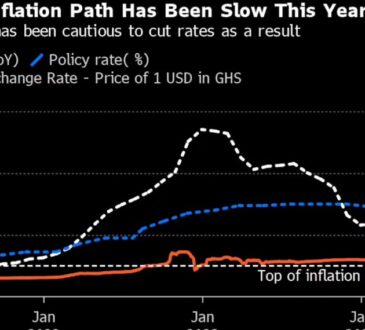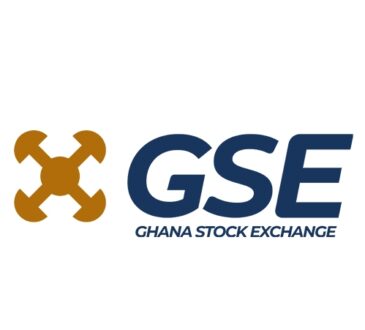
President Nana Akufo-Addo has affirmed to parliament the government’s unwavering dedication to swiftly restructure its external debt, a pivotal step in overcoming Ghana’s most severe economic crisis in a generation.
Ghana, which defaulted on the majority of its overseas debt in December 2022 due to skyrocketing servicing costs, has successfully restructured a significant portion of its local debt. Currently, it is vigorously pursuing negotiations with holders of approximately $13 billion in international bonds to reach a comprehensive resolution.
“We are committed to concluding the external debt restructuring process as soon as possible, so we move past the crisis.” Akufo-Addo said in his penultimate state of the nation address to parliament.
According to him, this will enable government complete substantially projects that have been constrained due to financial challenges. “In the meantime, some of the priority projects have been transferred onto the GOG budget within the same fiscal space to ensure their completion.”
The president also maintained that “things were pointing in the right direction”, asserting that undoubtedly, the macroeconomic landscape exhibited notable strength by the close of 2023 compared to the preceding year. Inflation, which had surged to 54.1% in December 2022, has notably receded to 23.5% as of January 2024. Moreover, the real GDP growth for the initial three quarters of 2023 averaged 2.8 percent, surpassing the targeted growth rate of 1.5% for the entire year of 2023. Remarkably, the cedi has maintained considerable stability since February 2023, registering a cumulative depreciation of only nine percent (9%) between February and December 2023.
Furthermore, the gross international reserves demonstrated a substantial buildup, reaching an impressive five-point-nine billion dollars (US$5.9 billion), a figure sufficient to cover 2.7 months of imports of goods and services. Notably, the current account transitioned to a positive standing, amounting to 1.4% of GDP as of the end of September 2023, contrasting with the negative figure of two-point-one percent (-2.1%) observed at the conclusion of December 2022. Taken together, these indicators collectively signal a positive trajectory for the macroeconomy, reinstating confidence in the nation’s economic stability and resilience.
Change of Fin.Min won’t hurt IMF prog
He emphasized that the recent appointment of a new finance minister in a reshuffle within Ghana’s government would not waver the commitment to implement its International Monetary Fund (IMF) program. Additionally, the IMF has voiced its endorsement of the new minister, further solidifying confidence in the country’s adherence to its economic reform agenda.
Ghana’s economy has begun to rebound since the government secured a $3 billion loan program with the IMF last year and successfully reached a restructuring deal for $5.4 billion of loans with its official creditors in January. Highlighting the country’s economic prospects, the president announced during his address that Ghana anticipates a significant increase in gold output, aiming to achieve 4.5 million ounces per year with the launch of three major new mines. Last year, the nation, recognized as the largest gold producer on the continent, recorded an output of 4 million ounces.
Moreover, the government intends to engage U.S.-based Newmont Corp (NEM.N), the leading global gold producer, urging them to prioritize Ghanaian investors in the sale of its Akyem mine, which stands as the third-largest in the country. As the president approaches the end of his tenure due to term limits next year, he also proposed to local cocoa producers that the minimum guaranteed price paid to farmers for their beans should increase, considering the surge in global prices. These initiatives underscore the government’s commitment to fostering economic growth, enhancing local participation, and supporting key sectors crucial to Ghana’s prosperity.
Minority unconvinced
Minority Leader, Cassiel Ato Forson indicated that the state of the nation was one of “hopelessness” given that 30percent of the country’s youth are jobless and millions leaving the shores of the country to seek pastures anew paints a grim picture of the country.
By Eugene Davis







